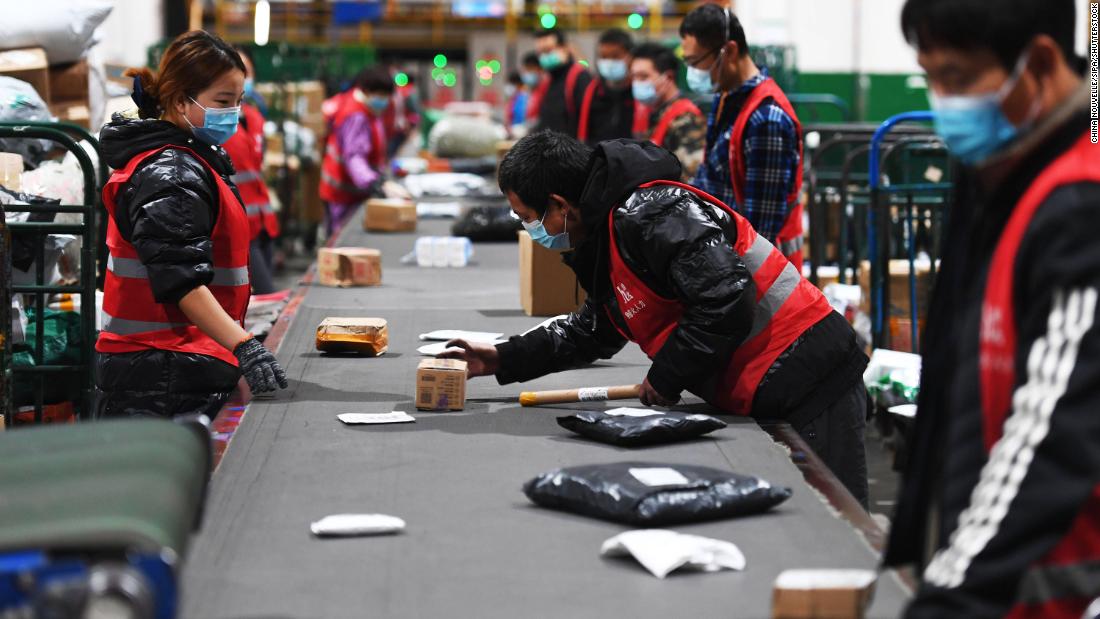The newspaper said the event had achieved many years of record breaking sales, but had also given rise to practices such as spam text messaging of users, unfair competition and merchants faking discounts. The model had become one in which it was hard to achieve “breakthrough innovations,” the paper said.
By using low prices as a selling point, platforms and merchants were stimulating “low-level” consumption, which was in not in line with China’s goals to achieve high-quality development, it added.
“The ‘worship of turnover’ is not only unsustainable in terms of digital growth but is also inextricably linked to chaos,” the newspaper said.
It said that it hoped to see Singles’ Day become a festival for platforms and businesses to showcase innovative achievements, and eventually even higher pursuits.
Alibaba turned China’s informal Singles’ Day into a shopping event in 2009 and built it into the world’s biggest online sales fest, dwarfing Cyber Monday in the United States.
It toned down the marketing hype this year amid regulatory scrutiny, doing away with a rolling tally tracking transactions that had taken center stage in previous years and said it was focused on sustainability.
Rival JD.com, which also holds its own Singles Day shopping event, similarly did not publish real-time sales data.


